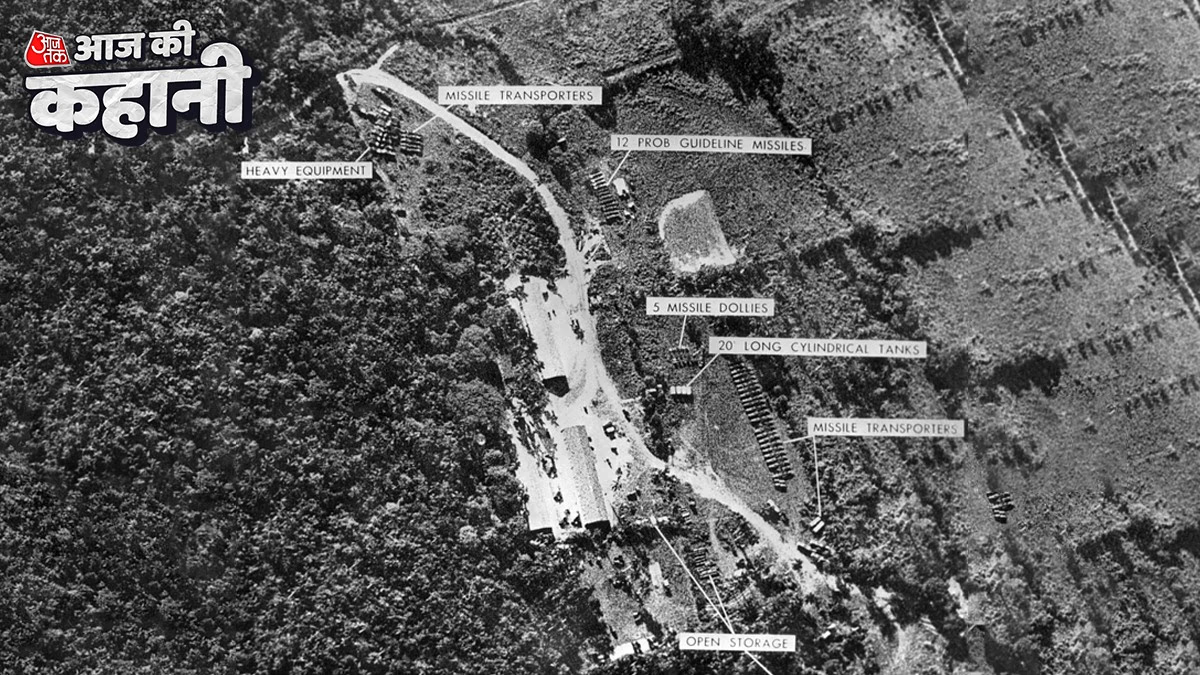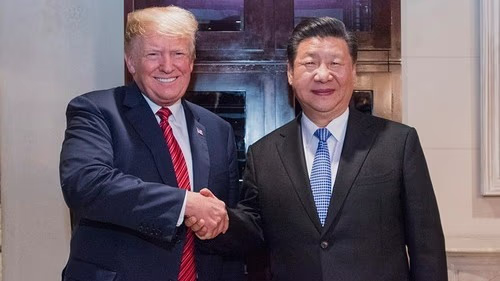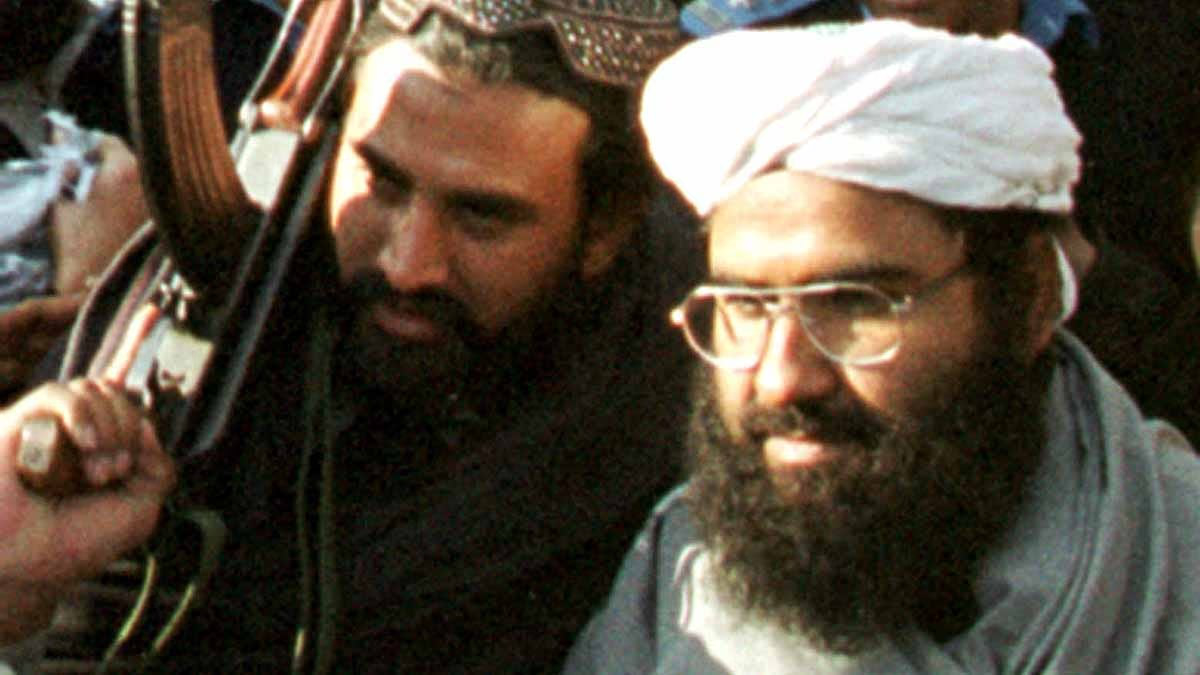Today is the 27th of October. On this day in 1962, the world came dangerously close to a massive nuclear conflict that was ultimately averted between the United States and the Soviet Union. During the height of the Cold War, tensions had escalated to such an extent that both superpowers were on the verge of a nuclear showdown. The situation was so critical that nuclear strikes from both sides seemed imminent. This episode is known in history as the Cuban Missile Crisis.
The Cuban Missile Crisis saw plans from both nations to initiate nuclear attacks. On October 22, President John F. Kennedy issued a stern warning to the Soviet Union, urging them to cease their nuclear weaponry program in Cuba, as the United States had intelligence confirming Soviet nuclear buildups on the island.
Soviet Nuclear Weapons Arrive in Cuba
The Soviet Union was also sending additional arms to Cuba. The United States responded by completely naval blockading Cuba, and they were prepared to mount an attack if the Soviets didn't retreat. The world held its breath to see if these superpowers would clash. As there was no apparent resolution in sight, U.S. forces were put at DEFCON 2 status, indicating nuclear war was within sight for the Strategic Air Command.
The U.S. Implements a Naval Blockade
The United States had established a naval blockade surrounding Cuba. By October 24, millions globally tuned in to see if Soviet ships, carrying more missiles to Cuba, would attempt to breach the blockade. Amidst heightened tensions, Soviet leader Nikita Khrushchev sent a lengthy letter to Kennedy on October 26 proposing a settlement.
Soviet Union's Conditional Withdrawal from Cuba
Khrushchev suggested that Soviet ships heading to Cuba wouldn't carry weapons if the United States lifted the blockade and vowed never to invade Cuba. He pleaded for wisdom in handling the crisis. Following this, Soviet ships turned back at the last moment on October 27.
U.S. Missiles in Turkey
The Soviets also proposed removing missiles from Turkey, where the U.S. had its nuclear weapons stationed for years. The U.S. had wanted to remove these missiles but feared appearing weak. They replied, demanding the Soviets remove their weapons from Cuba first, or else the U.S. would take military action.
Key Events
October 27 also marks National Navy Day. The Navy League of the United States conducted the first such event in 1922.
On October 27, 1978, Egypt's Anwar Sadat and Israel's Menachem Begin were awarded the Nobel Peace Prize.
On October 27, 1605, Mughal Emperor Akbar passed away in Fatehpur Sikri.




